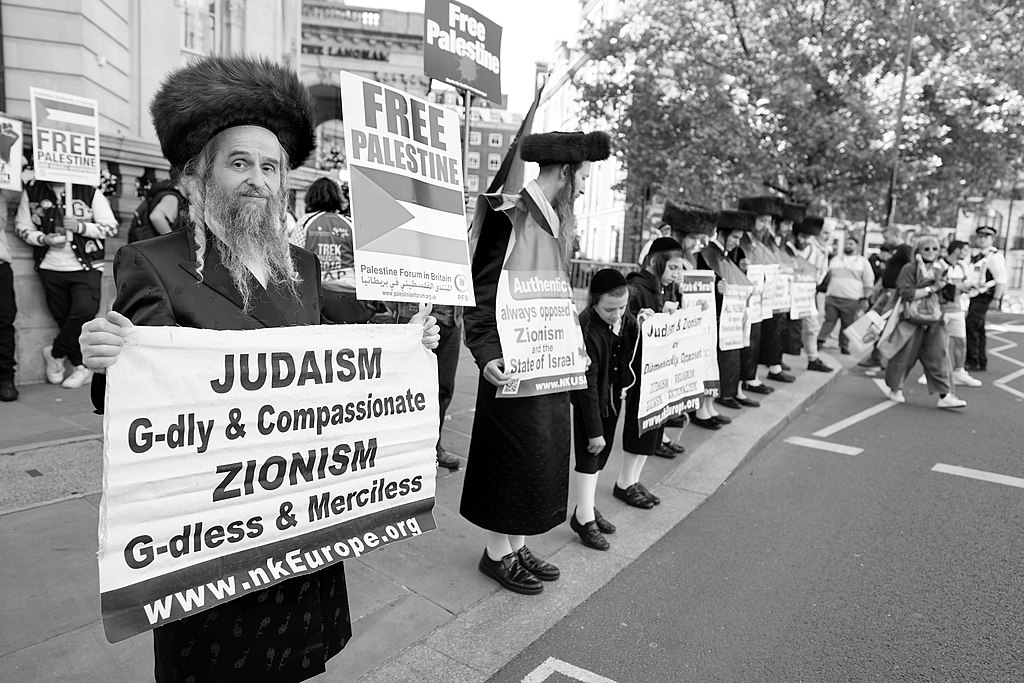A Recipe for Peace in the Middle East?

- Innocent people have been killed and hurt for decades, and nothing will bring them back
- The violence has not worked, no matter who commits it
- Both Arabs and Jews have claims on the land going back thousands of years
- They also claim common ancestry with both honoring a heritage that started with Abraham. They eat very similar foods, speak languages with many cognates, and have both had to adapt to the harsh desert that surrounds them.
- It is long past time to find a workable solution
- We all are carrying deep hurts. An eye for an eye doesn’t just leave everyone blind, because it will eventually leap from eyes to other things. So an eye for an eye, ultimately, leaves no one standing. Can we accept not only that the past is filled with violence, cruelty, and the spewing of hatred/dehumanization—but that all sides would benefit from moving past this?
- Can we look to the world for other examples of long-standing hostility and violence transforming into something better—such as the Truth and Reconciliation process in South Africa and Sierra Leone and the peace process in Northern Ireland?
- Can we finally break the cycles of fear, hatred, and grief that seem to lock everyone into ever-deeper and more destructive cycles of violence?
- Can the barriers—both physical and psychological—between the two cultures be removed so that Israelis and Palestinians who are kept apart by laws and physical barricades learn to work, play, and live together; there already are several small projects that are a great start, such as:
- Neve Shalom/Wahat as-Salam, a cooperative multicultural village;
- Numerous other musical collaborations, including Daniel Barenboim and Edward Said’s West-Eastern Divan Orchestra and many lesser-known ensembles;
- Combatants for Peace, which presents touring programs featuring one person who fought in the Israeli army and another who was involved in the Palestinian resistance, now working together for peace despite some of them experiencing injuries, imprisonment, and all of them mourning the loss of friends and family members in the conflict
It takes great courage to organize for peace when the leaders of both communities feed their population an unending diet of hatred for the other side. In the Middle East and around the world, many people have been killed for trying to make peace.
